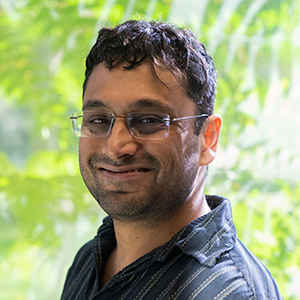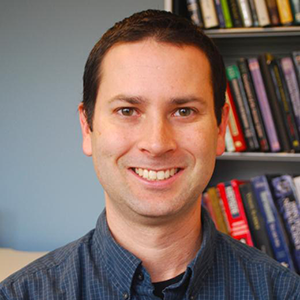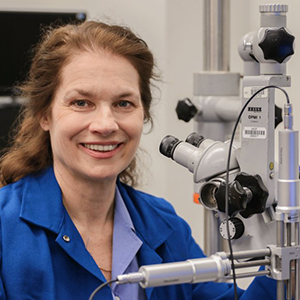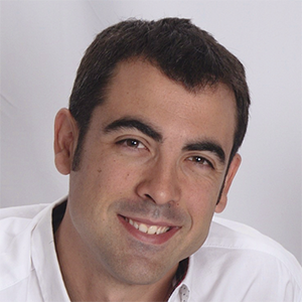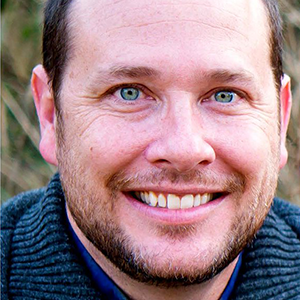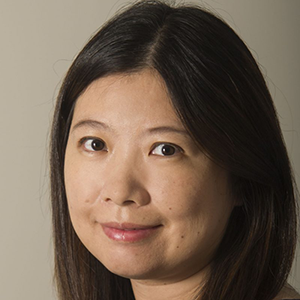MAP Collaboration Seed Grant: 2019 Recipients
From the Director, Charan Ranganath -- Dear MAP Faculty, we are embarking on the third year of the Memory and Plasticity (MAP) program at UC Davis. One of the MAP program’s most important initiatives is the seed grant competition.
The goal of this program is to support the collection of pilot data to stimulate new collaborations, and develop basic or translational research projects that are relevant to the study of learning and memory. This year, we received 10 proposals and were able to award two, one-year grants of $25,000 each. Each proposal was evaluated by a committee with expertise across neuroscience and psychology-- Randy O’Reilly (Psychology/CNS), Lin Tian (Biochemistry and Molecular Medicine), and Brian Wiltgen (Psychology/CNS). I sincerely appreciate the time and effort they put in to the difficult task of ranking these extremely competitive proposals. I’m pleased to announce the awards for this year’s competition:
The goal of this program is to support the collection of pilot data to stimulate new collaborations, and develop basic or translational research projects that are relevant to the study of learning and memory. This year, we received 10 proposals and were able to award two, one-year grants of $25,000 each. Each proposal was evaluated by a committee with expertise across neuroscience and psychology-- Randy O’Reilly (Psychology/CNS), Lin Tian (Biochemistry and Molecular Medicine), and Brian Wiltgen (Psychology/CNS). I sincerely appreciate the time and effort they put in to the difficult task of ranking these extremely competitive proposals. I’m pleased to announce the awards for this year’s competition:
|
Title: “High-dimensional distributed memory reservoirs for information maintenance and integration.”
Principal Investigators: Rishidev Chaudhuri (Mathematics and Neurobiology, Physiology & Behavior) and Tim Hanks (Neurobiology, Physiology & Behavior) Project summary: The PIs will test the idea that the brain creates general purpose “memory reservoirs” that simultaneously accumulate and maintain information in a diversity of formats. This newly-developed experimental paradigm will use neural circuit modeling and cutting-edge recording technology for in vivo recordings from large neural populations. |
|
Title: “Machine-learning decoding of human memories during consolidation and recall using distributed invasive recordings.”
Principal Investigators: Karen Moxon (Biomedical Engineering) and Ignacio Saez (Neurological Surgery) Project summary: In this project, the PIs will use intracranial electroencephalographic (iEEG) recordings in the brains of human neurosurgical epilepsy patients, and machine learning methods to decode and characterize human memory traces in hippocampal and cortical regions. |
I want to express my sincere thanks to all of the applicants -- the submitted projects highlight the range of expertise, innovative ideas, and thriving culture of collaboration that has made UC Davis among the world’s most important sites for memory and plasticity research. Also, special thanks to the many sources of university support for the MAP program that made this program possible. - Charan Ranganath
